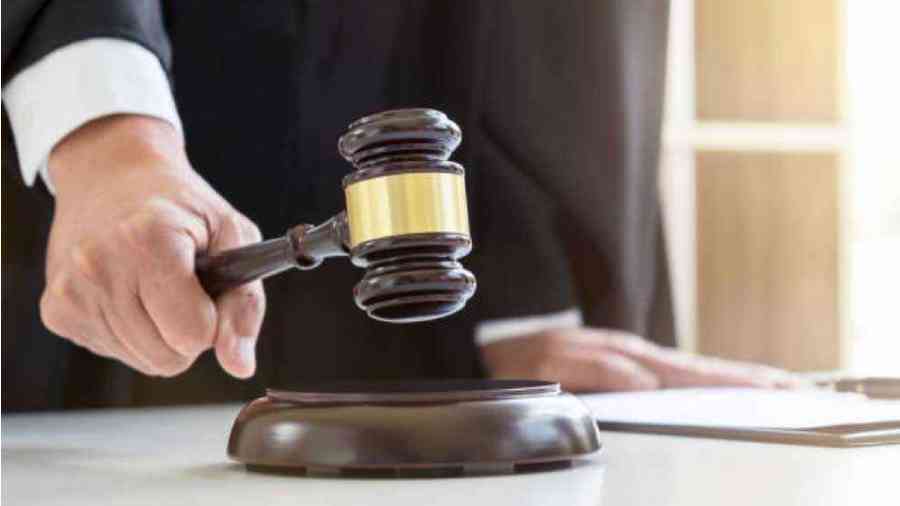All the country is a stage for arrest. While it is not clear why the Assam police should arrest a member of the legislative assembly from Gujarat, Jignesh Mevani, not once but a second time after he had been granted bail, the prime minister spoke of the need for quick, economic and easy access to justice. Inaugurating the “First All India District Legal Services Authorities Meet”, Narendra Modi mentioned the feeling of ‘sensitivity’ for under-trial prisoners and the need to ensure their quick release. It is fascinating that his anxiety seemed to span all under-trial prisoners, which would include those arrested for alleged incitement of the 2018 Bhima-Koregaon violence, for example, among whom an elderly, ailing priest died in prison. Ease of justice was as important as ease of doing business and ease of living; Mr Modi did not say that the last two were meaningful to a fortunate minority only. This was part of the ‘amrit yatra’ that he has started the country on. But the arsenal of first information reports against Mohammed Zubair for his critical tweets that ensures he is stuck even after bail — this happens to others too — suggest that dissenters are not welcome on the yatra.
Without the Supreme Court’s firmness, Mr Zubair would still be behind bars. The Chief Justice of India, however, reportedly said, as he had many times before, that a very small percentage of people can access justice. This went against the promise of the Constitution and failed the goal of providing space for everyone’s participation that democracy demanded. Justice was a tool of the social emancipation that allowed equal participation. But the CJI expressed his appreciation for the National Legal Services Authority and the district legal services not only for their support to the most vulnerable sections of the population but also for their decision to take up the under-trial prisoners’ cause. The CJI recommended jail-visiting advocates who could become authorised defence counsel, keep the families of prisoners informed and make applications to the authorities according to the prisoners’ needs. The revitalisation of institutions of the alternative disputes resolution system would help in making justice accessible when the case so permitted while reducing the courts’ backlog. These were practical directions, not high-flown rhetoric. Can justice and equality be understood in more than one way then?










